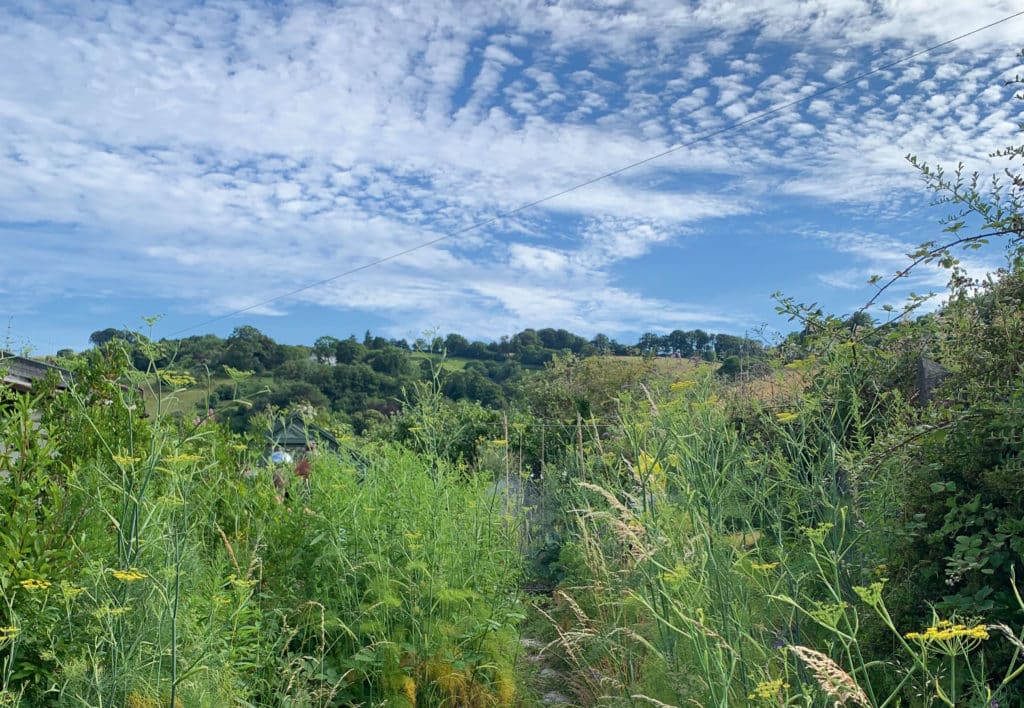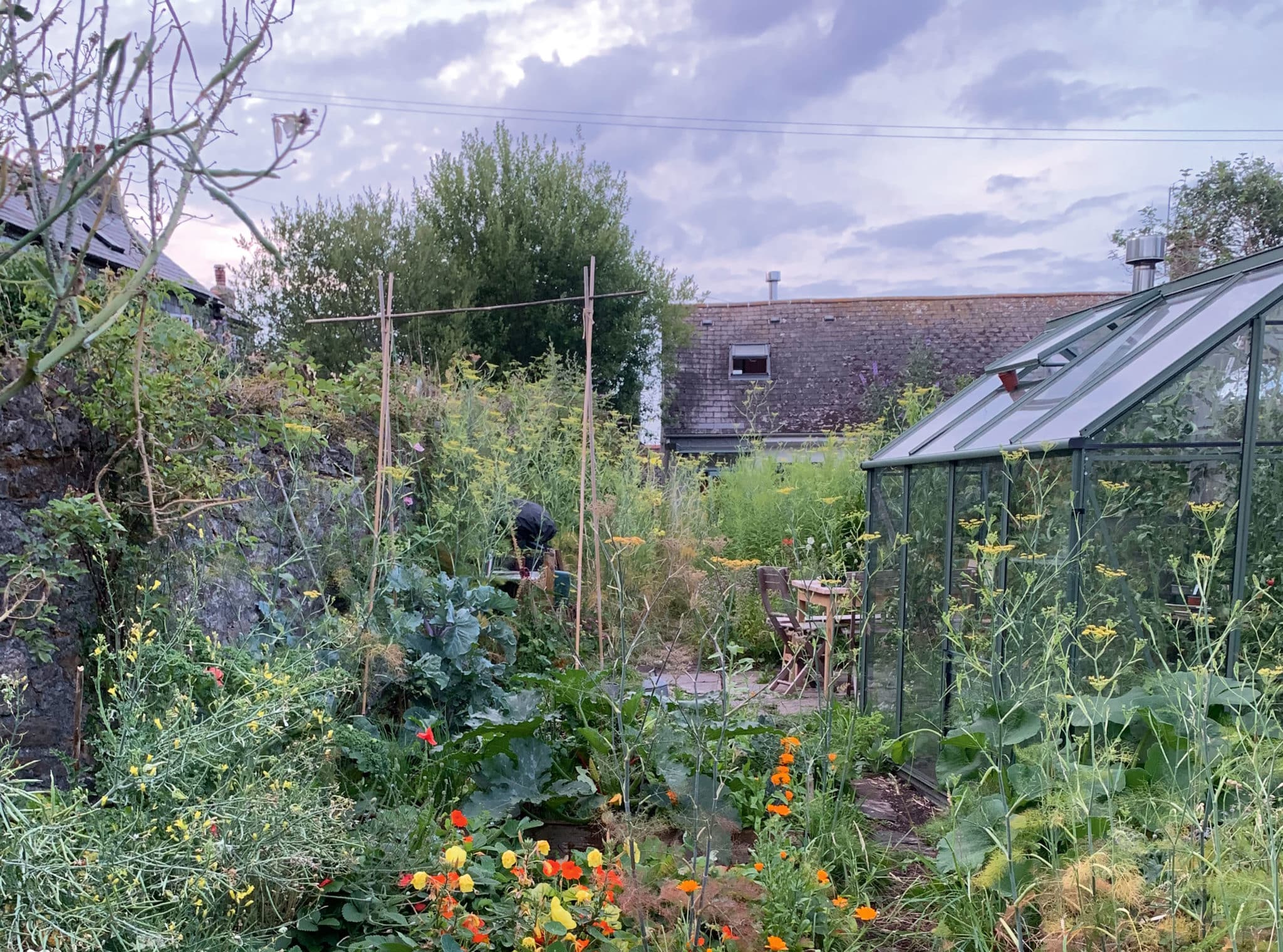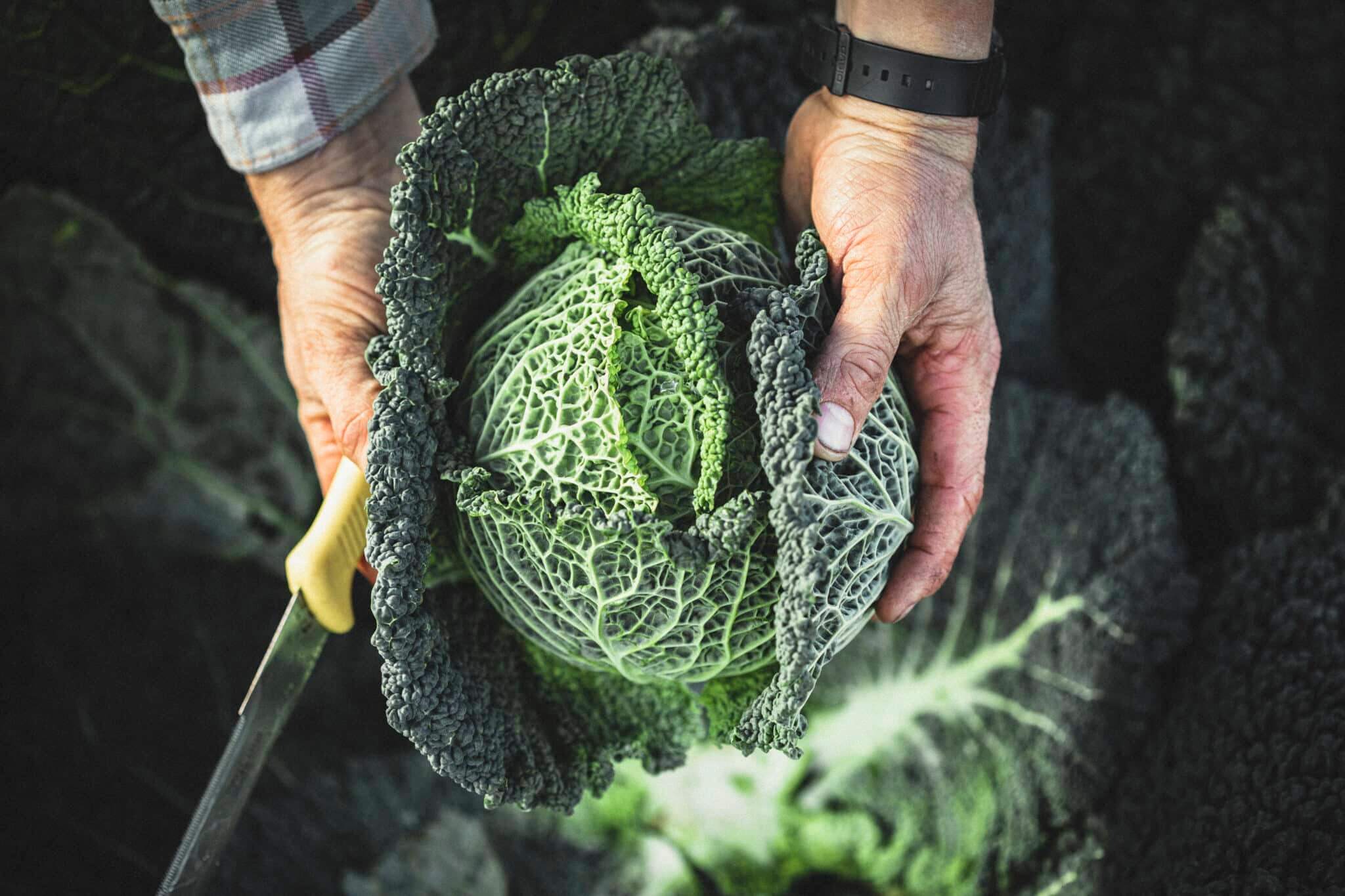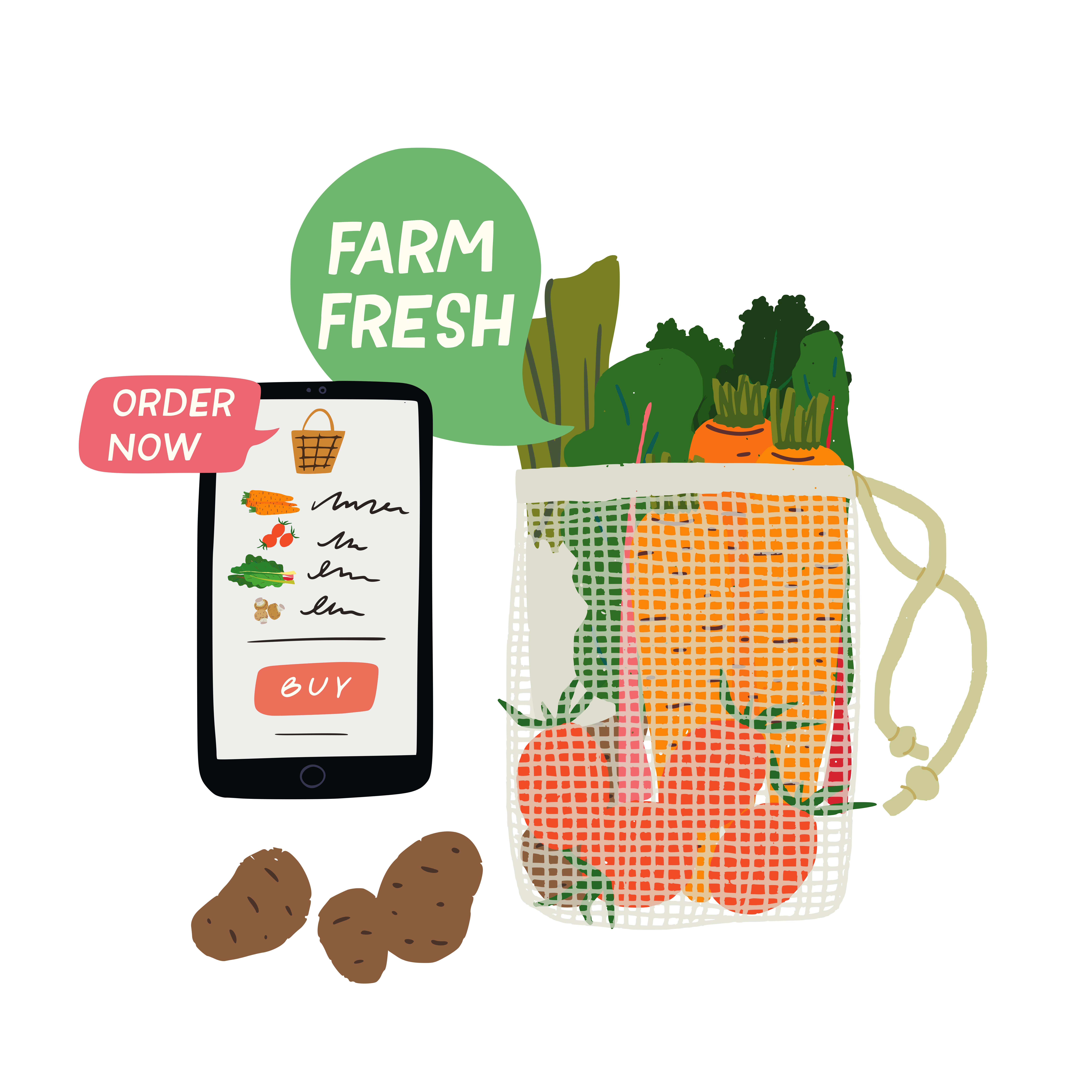It’s the end of summer and the garden is settling into her faded glory. It’s been a hot, dry few months; while I’ve been travelling about giving talks on the power in our gardens, my own garden, left to her own devices, is growing beautifully wild and unruly.
The squash plants are reaching their long arms out of their patch and are now romping through the strawberry bed. The chicken mummas and their chicks have got loose and turned half the courgette corner into a dust bath, taking out a good few plants in the process. The cull was probably for the better though, since with what’s left we already have more courgettes than we can eat.
After turning the Bokashi (a process of air-free fermenting) compost into the compost heap, it’s time to sow the hardy veg seeds that will over-winter and give fresh greens through the darker months.
Our gardens are not a silver bullet solution to the cost-of-living crisis. Poppy Okotcha
I settle down with my seed box, a collection of saved, shared, swapped, and purchased little nuggets of potential. I fill each tray with garden soil; perhaps controversially, I often don’t bother sowing into sterilised compost anymore. It does mean I have to be vigilant against the volunteer seedlings that pop up – but I don’t mind that. I just pinch them out as they appear to ensure the intended seedlings aren’t outcompeted. It’s nice to bring as few outside resources into my garden as possible.

As I sow kale, spinach, parsley, lettuce and coriander seeds, I mull over the number one most asked question I was asked while away: “Is growing our own food a good solution to the cost-of-living crisis?”
The answer was clear to me then, but being here in this wonderfully muddled little garden it is clearer now: no.
Throughout history, gardens have sustained us, offering food, medicine, and places to turn waste into a resource. For example, in a manual written in rhyming verse in the mid 1500s, gardeners are directed to empty their privies onto their veg beds in autumn, along with leaf mould, to maintain fertility. This practice also avoided the need for energy-intensive, industrial sewage processing.
Today, according to the report ‘Who Will Feed Us’ by the ETC Group, 70 per cent of people globally are still dependent on the ‘peasant food web’ – a network of hunters, gatherers, fishers, pastoralists, urban producers, and farmers working on less than five acres, for most or all of their food. And as most of our gardens today are below five acres, they do invite us to explore creating and producing, rather than consuming.
However, our gardens are not a silver bullet solution to the complex, globalised supply chain, threatened by climate change and volatile politics, which has led to the cost-of-living crisis.
While I do see gardens as spaces that can support the vision of a more ethical paradigm, it would be naive to imagine a happy future in which those of us who even have gardens are dependent on these little patches of ground for food, while also working full time to pay the rent, energy bills, and everything else.
Growing much food at all takes time, space, resource, and is best done in groups.
The vision of individual self-sufficiency, to me, is a myth. We need one another and we need ethical, efficient networks of production that work well for us all.
Rather than hiding in a romantic vision of the past, we can use our gardens to inspire and connect us. Ecological growing is fertile ground for dreaming up ambitious visions for the future that honour the wisdom of past and present communities who knew or know how to live in a healthy relationship with the land.
This column was originally published in the Autumn 2022 print edition of Wicked Leeks. You can read the full issue online now.










0 Comments